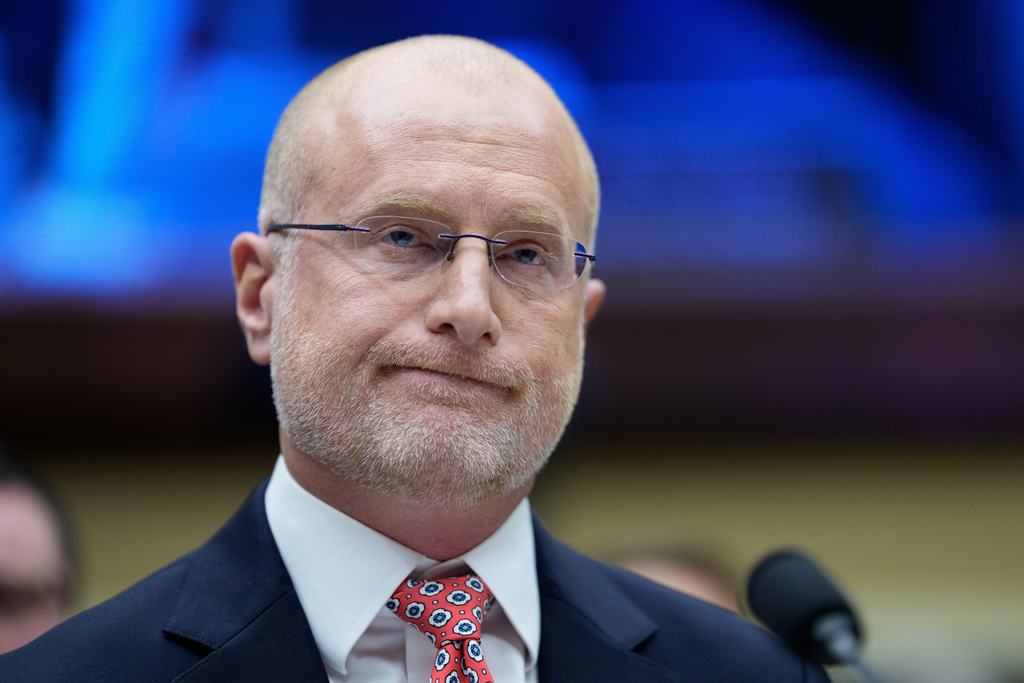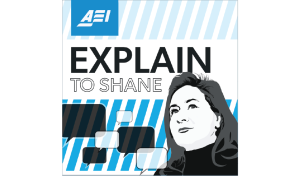Welcome to Our Research Archive
Search and filter by content type, issue area, author, and keyword
- ✕ Clear Filter
- AI (1)
- Article (4)
- Articles (1014)
- book (1)
- Climate (244)
- climate change (1)
- commentary (1)
- data dashboard (14)
- electricity (3)
- energy (252)
- Events (25)
- op-ed (3)
- Podcast (3)
- Post (2)
- Puerto Rico (1)
- Report (2)
- Reports (17)
- science (83)
- science funding (10)
- science trust (10)
- technology (603)
- testimony (1)
- Working paper (1)

January 30, 2026
Is Australian Social Media Regulation Failing?
Just over two months ago, Australia’s much anticipated provisions governing social media platform access by under-16s came into force. While it’s still early, let’s examine how various stakeholders have responded. First, the eSafety commissioner has reported that in the first month of operation, 4.7 million accounts on the relevant platforms—Facebook, Instagram, Kick, Reddit, Snapchat, Threads, TikTok,…

January 28, 2026
Climate Lawfare Descends to New Depths
“The times they are a-changing,” in particular in the context of “climate” policies and initiatives. And they are not changing favorably for the ideological opponents of fossil fuels, that is, the climate alarmism industry. It now is being forced increasingly to pursue its goals in the courts, which are the least democratic branch of government….

January 28, 2026
Resurrecting the Equal Time Rule
In a media ecosystem no longer defined by scarcity, Carr’s revival of the Equal Time Rule may say less about ensuring democratic fairness than about how long a broadcast-era solution can survive in a post-broadcast world.

January 27, 2026
Free Speech, Jawboning, and Aaron v. Bondi: Did Government Coercion Stifle ICEBlock’s Availability?
Following the US Supreme Court’s 2024 rulings in the jawboning cases of Murthy v. Missouri and National Rifle Association of America v. Vullo, it was a matter of when—not if—another First Amendment lawsuit would be filed against government officials, claiming they coerced a private entity to squelch speech. In December, a jawboning case—Aaron v. Bondi—landed…

January 27, 2026
How Much Should the Government Rummage People’s Things?
People would have a due process right to contest seizures of their data when government agents do not use a warrant. Whether people get such rights ultimately depends on whether the law supports the premise that private information lodged with service providers under promises of privacy and security are “people’s things.”

January 26, 2026
“Climate Change Presses On”
The world currently has 8.2 billion people and a global economy approaching $120 trillion. The world also routinely experiences extreme weather events like tropical cyclones, floods, and tornadoes. [1] Given these facts, how much economic loss should we expect annually from extreme weather events in the context of the global economy? For 2025, the catastrophe modeling firm Verisk provided…

January 26, 2026
Technology and Vulnerability: How Current Cybersecurity Measures Fall Short (with Greg Oslan)
Shane Tews interviews Greg Oslan, where they discuss why established cybersecurity measures failed to halt or slow down the activity of cybercriminals, what can we do to better protect ourselves and others, and more.

January 26, 2026
Notice of Availability of the 11th National Outer Continental Shelf Oil and Gas Leasing Draft Proposed Program:1st Analysis and Proposal
Summary: A number of comments on the BOEM proposed OCS leasing program oppose the proposal on “climate” grounds, that is, on the purported adverse effects of the greenhouse gas emissions that would result from the fossil energy production attendant upon the expanded leasing of OCS federal lands for such production. That general stance cannot withstand…

January 23, 2026
Jagged Intelligence, Jagged Adoption
At Davos this week, Demis Hassabis, the CEO of Google DeepMind, gave a standout talk about the path he believes AI will take in the coming years. While he thinks the tool will be utterly transformative, Hassabis still warned that the models have “these jagged edges that they’re good at and not good at.” Hassabis’s…

January 22, 2026
Watch Those Assumptions!
Today I share my January column for Dispatch Energy. In it, I identify some important, but deeply buried, assumptions in the International Energy Agency’s (IEA )most recent World Energy Outlook (WEO). The IEA has come under some criticism (and properly so, in my view) in recent years for seemingly moving towards advocacy. The most recent WEO, issued at…